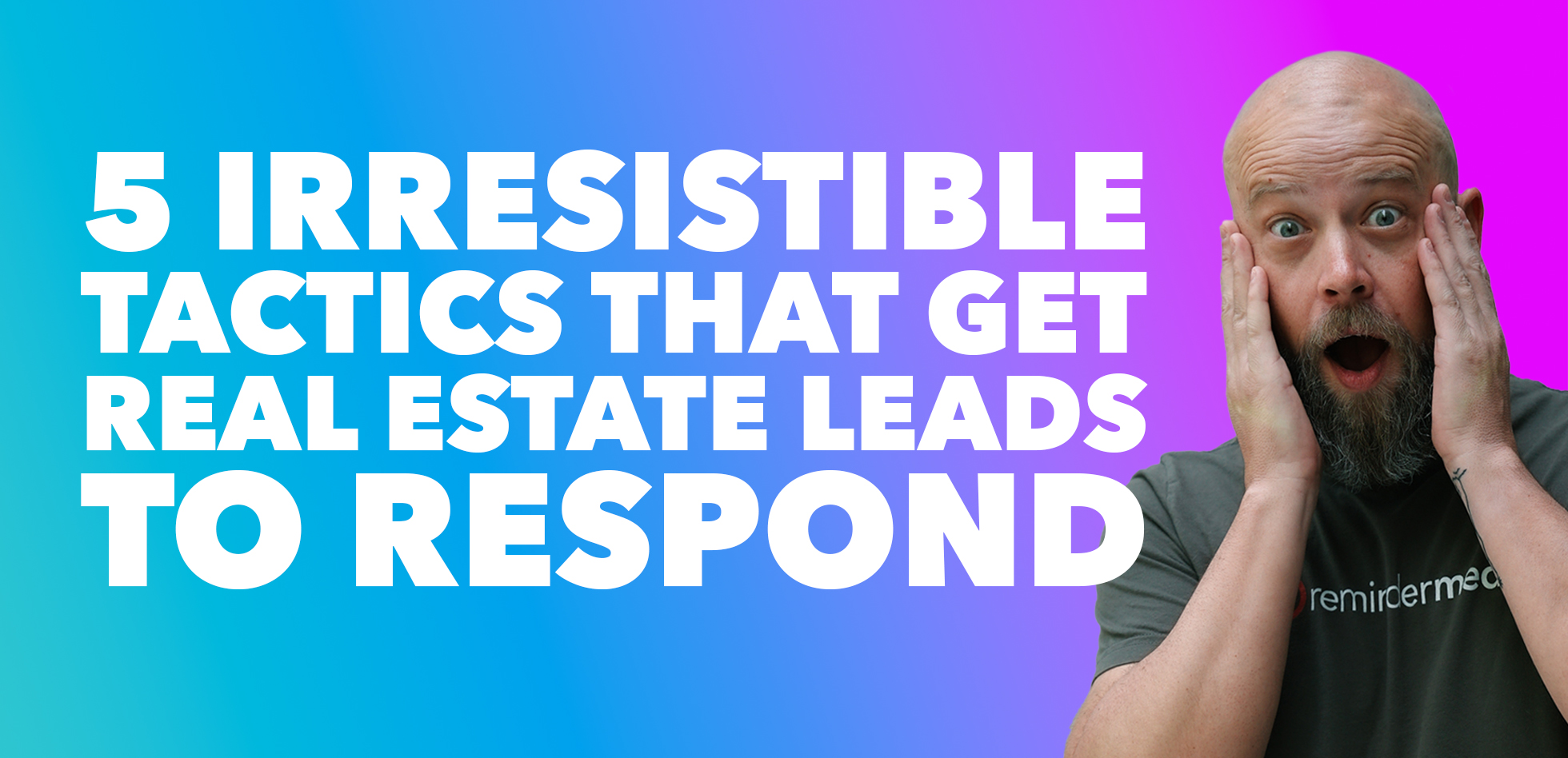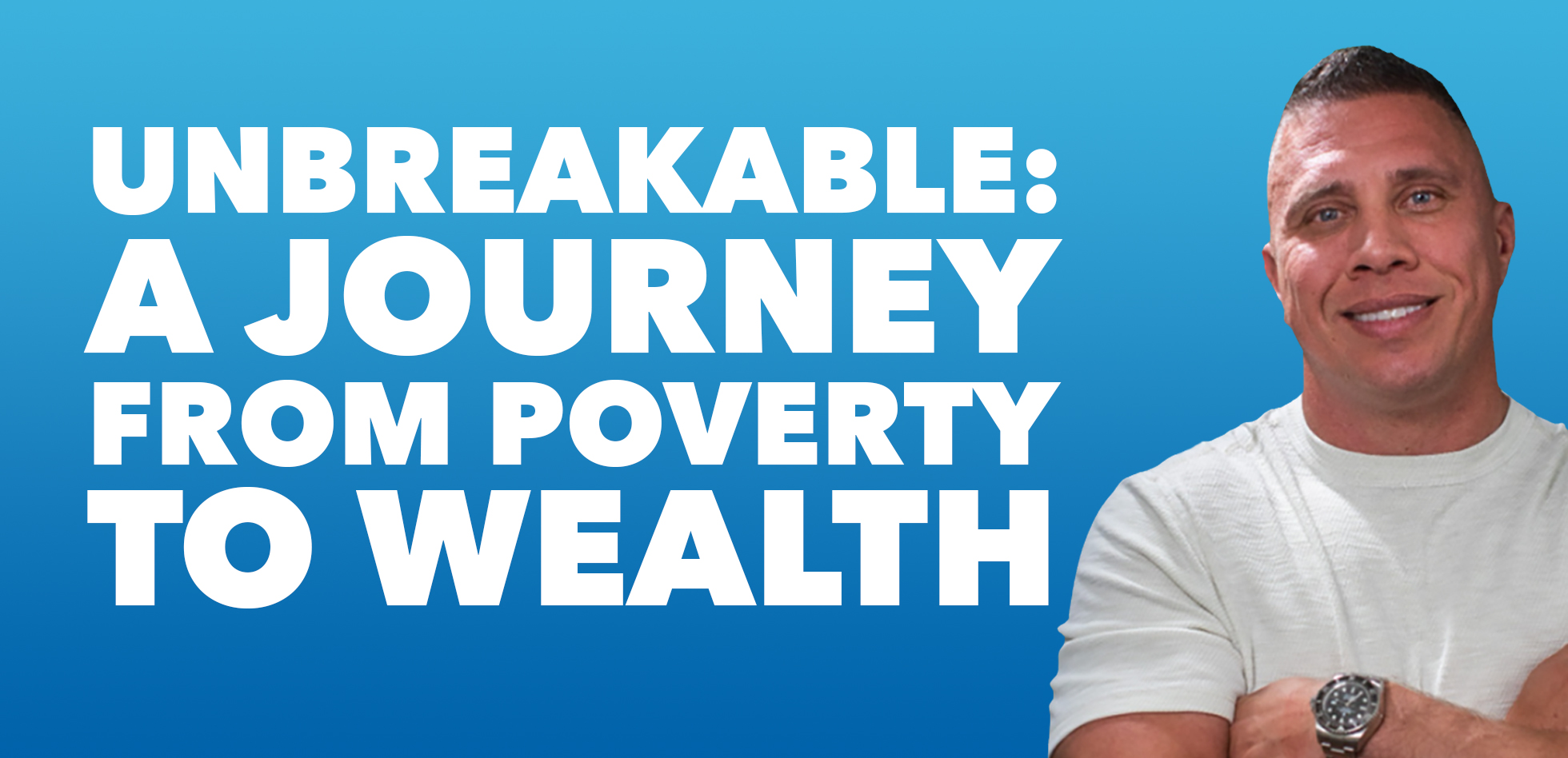Rick Williamson is the Managing Training Team Lead with Redtail Technology, the creators of the most popular CRM among financial professionals.
Today on Stay Paid, Rick explains why all businesses need to have a CRM—and offers tips for using one to its fullest potential.
Key Points
- A CRM should be as simple or as customizable as the needs of your business.
- Always segment your contacts by status as well as category.
- By recording your contacts’ favorite things, you can personalize your outreach and strengthen relationships.
Q: Introduce yourself to our audience.
I’ve been with Redtail for almost eight years now. I didn’t go to school for anything in the financial sector. I went to Scottsdale Community College and studied filmmaking and public speaking. After that, I did an internship at Disney World, where I drove the Kilimanjaro safari cruise car.
I came back from that, and that’s when the housing crisis hit. All of my student loans turned into credit card debt. I took a job working with kids, doing before-and-after-school care.
One fateful weekend, we went out to celebrate a friend’s birthday, and a high school buddy of mine showed up. We’d grown apart and had gone to different colleges, but I’d been keeping up with him on social media and had seen all his travels. He told me all about Redtail and what they were doing.
I told him to let me know if they ever had any openings. A month later, he called me up. I applied, and the rest is history.
Today, he’s the Director of Sales. I’m the Managing Training Team Lead. Not a lot of people can trace a big swing in life to one conversation, and I can do that.
Q: Tell us a little bit about Redtail.
Redtail is a web-based Contact Relationship Management software. We are the number one-used CRM software in the financial management industry, and we’re coming up on our 16thanniversary.
We offer a month-to-month subscription for up to 15 users. We were the first web-based CRM when we started, and now everybody’s doing it. I love it here.
Q: Why is a CRM important?
The CRM is designed to be the heart of your business. Your heart needs to be clean and healthy. There are a lot of people not using a CRM, and that’s wild to me.
We integrate with lots of different marketing services, and we design it so that all of them will flow in and out of Redtail. This setup gives you a better picture of who a client is. I firmly believe a CRM is the most important tool in anyone’s arsenal.
Q: What are some of the ways you help people break down what they need in a CRM?
As a trainer, I’m also a client advocate. A lot of times I’ll tell people, “You should be using a CRM, even if it’s not Redtail.” There are CRMs out there that are very simple, while others are built from scratch and require you to have training—but those are more customizable.
A lot of it is finding the right fit based on your budget, staff, etc. If you have a lot of people working with you, it would benefit you to get a really complex CRM. But most of this industry isn’t that. It’s mostly 2–5 person shops who need something out-of-the-box. We offer a simple tool that is fairly out-of-the-box but that also allows for customization.
Q: What is the biggest mistake you see clients doing with their CRM?
It would be too easy to say that they’re not using it, but it’s true.
Everybody’s different, and that’s why I never badmouth other CRMs. I look at it in the same way as cars and trucks. I drive a Dodge Challenger, and I love my car. But my dad who’s a contractor needs a pickup truck. CRMs are the same way.
I’d say one of the biggest hurdles is time. You’ve got to be able to buy in. If you’re going to invest money in a tool, then you have to use it. Consistency is hard to teach. I can’t go in every office and start yelling at people if they’re not using their CRM.
Building off that, buy-in is important from the top down. I’ll hear from staff who are all-in on a tool, but the principal person behind the business is not. That is probably one of the biggest hurdles that I see offices encounter.
Q: How are you teaching your clients to set up and segment their databases?
The first thing that we focus on is customization and clean-up. These are the two most foundational things that you need to set up.
For us, it starts with contact status and categories. The most basic distinction you can make is between a client and a prospect, but there’s more. You might also include spouses, spheres of influence, and other types of contacts.
Below that, you can classify by category, whether that’s A, B, and C list, Gold, Silver, and Bronze, or some other system. We had clients who used mountain ranges. “Everest” clients got a lot of different types of outreach on a regular basis.
Beyond that, you can leave notes about the last contact you made, and then you can reference that before the next conversation. You should also have a section with the next action that you need to take. Without those things, your CRM is garbage.
Q: Why is it important to connect with spouses?
Spouses, children, and family are one of the most important things to focus on. It’s cheaper to retain than it is to prospect new clients.
If someone doesn’t know you, they’re going to focus on someone else and get a recommendation. The same is true with kids. As soon as they graduate high school, they’ll leave.
Q: Once you’ve cleaned and segmented a list, what’s next?
We emphasize the importance of consistency. We put a communication plan together. For example, everyone who’s an “Everest” client is going to get an email, a paper newsletter, and some other things.
The key word in CRM is relationships. The CRM helps you remember all the things that you can’t keep up with in your head but that are huge relationship builders.
I’ve asked audiences whether they track their clients’ favorite things, and almost no one does. That’s mind-boggling to me, because it’s such a tiny thing you can do. It’s such a small thing to track my favorite restaurant, and then send me an Outback gift card for my birthday. When I’m sitting there eating that Bloomin’ Onion, I’m thinking of you.
It’s a matter of taking what you care about and what your clients care about and building a culture.
A CRM also requires maintenance like any tool. It requires clean-up. Set a reminder every six months to do a report on a specific segment of your CRM. That kind of thing is going to save you a lot of trouble, as well.
Q: Which routines have driven success for you?
I could list a dozen things. A big part of it is being yourself. Not only am I able to be myself, but I’m with a company that will let me by myself. I don’t think I’d be as successful if I was with a company that made me wear a suit. I’d do it—and I look good in a suit—but I love working with Redtail where I don’t have to. We work hard, and we play hard.
I’m not the best student in the world, but I’m always trying to learn more. I’m always on social media. All of my feeds—personal and professional—are following the writers, thought leaders, and publications that fuel this industry. That way, even if I’m on Twitter just screwing around, I’ll get news about the industry.
Another thing is looking at the world and then finding strategies that can be paired with what we’re doing. You need to look at other companies outside of your industry and see what they do. For example, look at how Tesla has created raving fans.
With Redtail, it’s a matter of keeping an eye on technology. A lot of technologies are looking into artificial intelligence, and so are we. A.I. can be a little scary.
Think about where the computer started. Computers once filled a room, and now they’re held in our hands. A.I. is going to be the same thing. It’s going to get pared down so that other industries can use it. Even if it’s big, it’s going to get scaled down eventually.
Action Items:
- Get a CRM.
- Pull up the list of contacts in your CRM and make sure those people are segmented into the right group.
Connect with Rick:



















 Soundcloud
Soundcloud iHeart Radio
iHeart Radio Spotify
Spotify Spotify
Spotify


